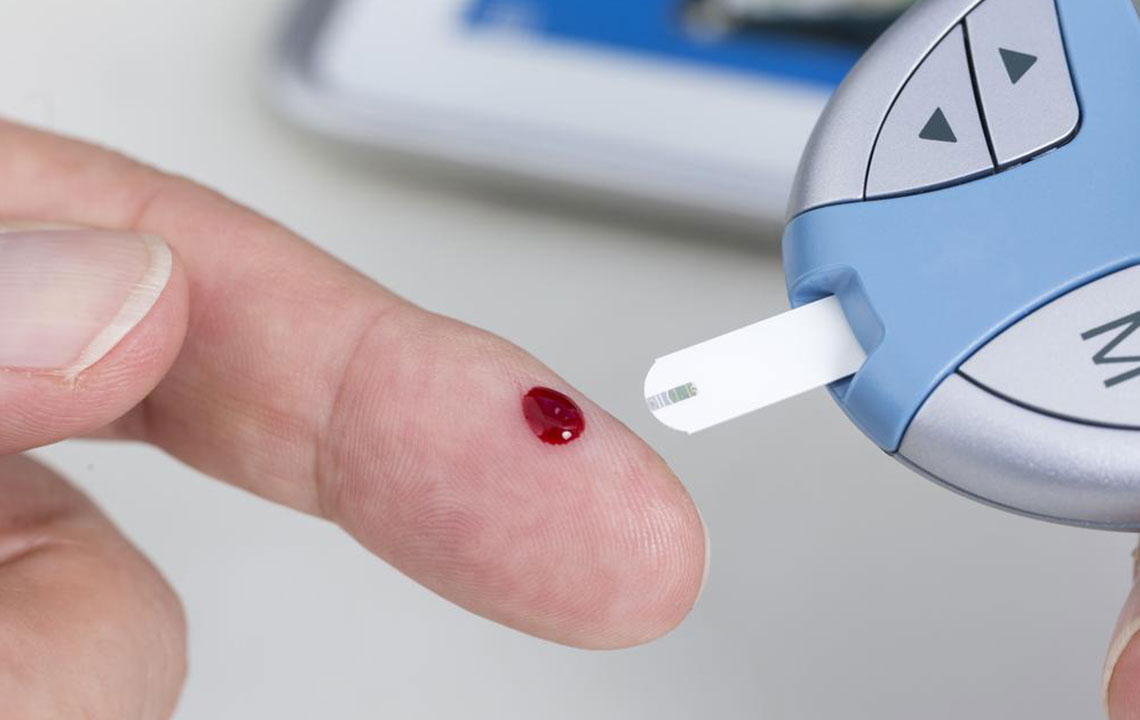Effective Methods to Lower Your A1C Levels for Better Diabetes Control
Discover comprehensive strategies for lowering your A1C levels and improving diabetes management. This detailed guide emphasizes lifestyle changes, diet, exercise, stress reduction, and medical guidance to help you achieve better blood sugar control and reduce health risks associated with diabetes. Learn how routine testing and personalized plans can enhance your overall health and quality of life.

Effective Methods to Lower Your A1C Levels for Better Diabetes Control
Managing diabetes effectively is a vital aspect of maintaining overall health and preventing long-term complications. A key component of diabetes management is monitoring your A1C levels, which serve as a reliable indicator of your average blood sugar over the past two to three months. Keeping these levels within a healthy range can significantly reduce the risk of developing issues such as cardiovascular disease, nerve damage, kidney problems, and vision loss. This comprehensive guide explores proven strategies to help you lower your A1C levels through lifestyle modifications, medical guidance, and daily habits.
Understanding the significance of the A1C test is crucial for effective diabetes management. This blood test provides an overview of your average blood glucose levels over the previous 2–3 months, offering insights into how well your blood sugar is being controlled. The results are expressed as a percentage, with normal levels typically below 5.7%. Levels between 5.7% and 6.4% suggest prediabetes, an increased risk for developing diabetes. Readings of 6.5% or higher are indicative of diabetes, necessitating immediate intervention. To achieve better control, focus on a comprehensive approach that includes dietary adjustments, consistent exercise, stress management, and regular medical consultations. Taking proactive steps towards lowering A1C not only improves your current health but also significantly reduces the risk of future complications.
Implementing lifestyle changes is instrumental in maintaining and lowering your A1C levels. Regular health check-ups enable early detection of any abnormalities, while a well-balanced diet rich in fiber, lean proteins, and healthy fats supports overall blood sugar regulation. Engaging in regular physical activity, such as walking, strength training, or aerobic exercises, enhances insulin sensitivity. Managing stress through mindfulness practices, adequate sleep, and relaxation techniques can prevent blood sugar spikes. Additionally, working closely with healthcare professionals allows for personalized treatment plans, including medication adjustments if necessary. Each of these steps contributes to a more stable blood glucose profile, leading to better health outcomes, reduced risk of complications, and an improved quality of life.
Understanding the role of consistent testing and monitoring is also vital. Routine A1C tests help gauge your progress, enabling timely modifications to your management plan. Educating yourself about diabetes and staying committed to healthy habits empowers you to take charge of your condition. Remember, managing blood sugar is a multifaceted process that requires dedication, patience, and support. By integrating these strategies into your daily routine, you can effectively lower your A1C levels, achieve optimal blood sugar control, and enjoy a healthier, more balanced life.





